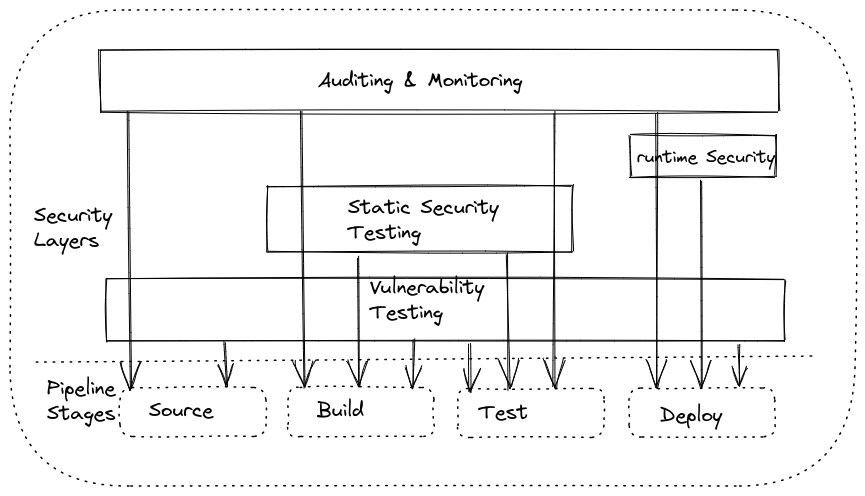The Reality Check Nobody Talks About
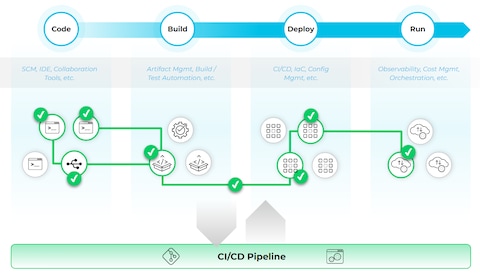
Here's what actually happens when you try to run Snyk, Trivy, and Prisma Cloud in the same pipeline: they all try to pull and scan the same 2GB container image simultaneously, your CI runner runs out of disk space, and Docker starts throwing ENOSPC errors that make zero sense.

I spent three weeks debugging why our security scans were randomly failing until I realized the tools were literally fighting over /var/lib/docker/tmp space.
Took down prod deployments for 2 hours because newer Docker versions changed how temporary containers get cleaned up. The official Docker documentation doesn't mention this shit because they assume you're testing on tiny Alpine images, not real production containers with Node.js and like 600+ npm dependencies or whatever insane number modern frameworks pull in.
The integration story gets worse when you realize each tool has its own way of handling authentication, reporting formats, and failure conditions. Snyk wants to fail on high-severity vulnerabilities, Trivy wants to fail on medium ones, and Prisma Cloud just times out silently when it can't reach its cloud console.
What Each Tool Actually Does (And Where It Fails)
Snyk:
Expensive But Worth It If You Have Money
![]()
Snyk is the Ferrari of vulnerability scanners
- it finds vulnerabilities other tools miss, integrates nicely with your IDE, and provides actual fix suggestions instead of just screaming "CRITICAL VULNERABILITY DETECTED!!!" like every other scanner.
The problem? It costs a fortune. We're talking $25/developer/month for the Team plan, and that's before you add container scanning or infrastructure scanning.
Our bill went from maybe 500 bucks to something like 4K per month when we added their container features.
What Snyk is actually good at:
- Finding zero-day vulnerabilities in npm packages before they hit NVD
- License compliance scanning that doesn't break your build every Tuesday
- Code analysis that catches SQL injection in your shitty PHP legacy code
- Not randomly breaking when npm registry is having issues
Where Snyk pisses you off:
- CLI randomly fails with "ECONNREFUSED 443" even with valid tokens (Node 18.2.0 but works in 18.1.0, go figure)
- Takes 15 minutes to scan a medium Node.js project with 600+ dependencies (killed a production deployment when it took 47 minutes)
- False positives on dev dependencies that never make it to production
- API rate limiting hits you during CI/CD at exactly 3am when everything breaks
Trivy:
The Free Tool That Actually Works
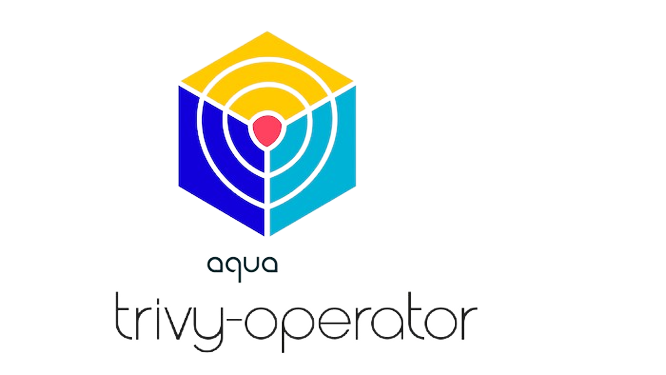
Trivy is what happens when Japanese engineers get fed up with expensive security tools and build something that actually works.
It's completely free and open source, scans everything, and the database updates don't require you to restart your entire infrastructure.
GitLab's security team called Trivy "a clear leader in the market as far as features, functionality, and capabilities" and he's not wrong.
We replaced some expensive commercial scanner (was costing us maybe 40-50K a year) with Trivy and got better results according to CNCF Security TAG recommendations.
What makes Trivy actually useful:
- Scans container images, git repos, filesystem, and Kubernetes in one tool
- Downloads its ~30MB vulnerability database instead of requiring your proxy whitelist 47 different domains
- Secret scanning that finds AWS keys you forgot about 3 years ago
- SBOM generation that actually produces useful SBOMs, not XML trash
- Works offline after initial database download (perfect for air-gapped environments)
Where Trivy drives you nuts:
- Database downloads crap out with
dial tcp: lookup ghcr.io: no such hostbecause Git
Hub's container registry is having a bad day
- Cache directory grows like cancer and kills CI runners with
ENOSPCunless you babysit--cache-dir - Memory usage goes bananas on chunky Python images (murdered our runners twice scanning a 2.1GB TensorFlow mess)
- Configuration spread across CLI flags, config files, env vars, and some hidden ~/.trivy directory because why make it simple?
Prisma Cloud:
Enterprise-Grade Complexity (Formerly Twistlock)
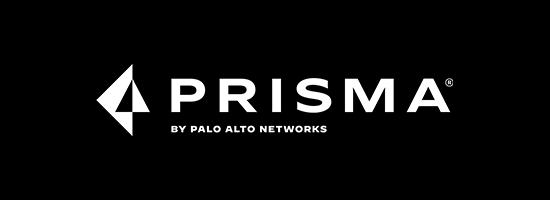
Prisma Cloud Compute (RIP Twistlock) is what you get when Palo Alto Networks buys a good security product and adds 17 layers of enterprise features nobody asked for.
It's incredibly powerful but feels like it was designed by committee according to Gartner's CNAPP reports.
The good news: it actually protects your containers at runtime with behavioral analysis.
The bad news: setting it up requires reading 300 pages of documentation and configuring network policies that make Istio look simple.
What Prisma Cloud does well:
- Runtime protection that catches actual attacks in production
- Compliance reporting for every acronym your security team can think of
- Network segmentation that doesn't break service mesh
- Kubernetes admission control that stops bad images from deploying
Where Prisma Cloud makes you want to quit:
- Installation needs 47 YAML files deployed in exact sequence or you get cryptic `HTTP 500:
Internal Server Error` with zero useful logging
- Console stops responding during large scans with "request entity too large" (learned this at 3am)
- Twistcli tokens expire every 30 minutes in CI/CD with zero useful error messages
- Pricing changes quarterly and somehow your bill goes up 40% each time
How To Actually Make This Work
The Pipeline That Doesn't Suck
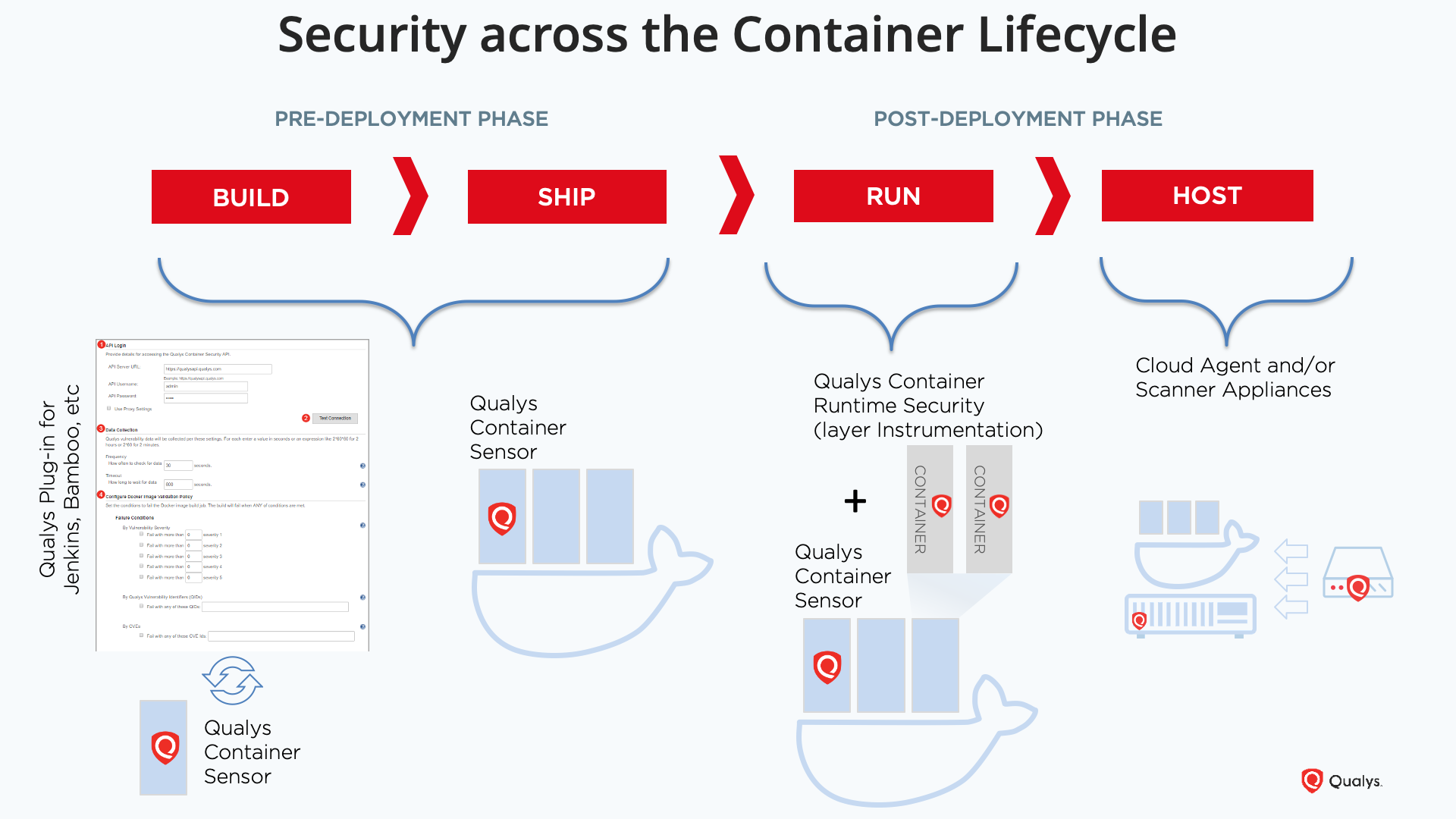
Here's the thing about running three security tools: if you run them sequentially, your pipeline takes 30 minutes.
If you run them in parallel, they fight over resources and randomly fail. The solution is to be smarter about what runs when and where.
OK, rant over. Here's the pipeline config that actually works:
## GitHub Actions that doesn't make developers hate security (mostly)
name:
Security Scan That Actually Works
on: [push, pull_request]
jobs:
# Run the fast stuff first to fail fast
quick-scans:
runs-on: ubuntu-latest
steps:
- uses: actions/checkout@v4
# Snyk dependency scan
- always re-auth or it randomly fails
- name:
Snyk Dependency Check
run: |
npm install -g snyk
snyk auth ${{ secrets.
SNYK_TOKEN }} # seriously, ALWAYS re-auth
snyk test --severity-threshold=high --fail-on=upgradable || true # temp bypass for legacy deps
# Trivy secrets
- catches the AWS keys you forgot about
- name: Check for leaked secrets
run: |
docker run --rm -v ${{ github.workspace }}:/workspace \
aquasec/trivy:latest fs /workspace \
--scanners secret --exit-code 1 # this will actually fail builds, heads up
# Heavy scans only if quick ones don't explode
image-security:
needs: quick-scans
runs-on: ubuntu-latest # probably need c5.large if your images are thicc
steps:
- uses: actions/checkout@v4
- name:
Build the damn thing
run: |
docker build -t ${{ github.repository }}:${{ github.sha }} .
# sometimes you need --no-cache when things get weird
# Trivy goes first because it actually works
- name:
Trivy image scan
run: |
# Create cache dir or watch it download 30MB every time
mkdir -p /tmp/trivy-cache
docker run --rm \
-v /var/run/docker.sock:/var/run/docker.sock \
-v /tmp/trivy-cache:/root/.cache \
aquasec/trivy:latest image \
--exit-code 1 --severity HIGH,CRITICAL \
--cache-ttl 24h \
${{ github.repository }}:${{ github.sha }} || echo \"Trivy shit the bed, continuing anyway\"
# Prisma scan (prepare for pain)
- name:
Prisma Cloud nightmare
if: success() # only if Trivy didn't explode
run: |
# Download twistcli (this fails 30% of the time)
curl -k -u ${{ secrets.
PRISMA_USER }}:${{ secrets.
PRISMA_PASS }} \
${{ secrets.PRISMA_COMPUTE_URL }}/api/v1/util/twistcli > twistcli || exit 0
chmod +x twistcli
# Add timeout because it hangs sometimes
timeout 600 ./twistcli images scan \
--address ${{ secrets.PRISMA_COMPUTE_URL }} \
--user ${{ secrets.PRISMA_USER }} \
--password ${{ secrets.PRISMA_PASS }} \
${{ github.repository }}:${{ github.sha }} || echo \"Prisma failed, shocking\"
Why this approach doesn't completely suck:
- Quick scans fail fast on obvious problems (saves 20 minutes per build)
- Heavy image scans only run after code-level issues are fixed
- Each tool runs in its own step, so failures are isolated
- Trivy uses external cache volume so it doesn't download DB every time
The Reporting Nightmare (And How to Fix It)
Here's the fun part: each tool produces reports in different formats.
Snyk outputs SARIF (sometimes), Trivy outputs JSON or SARIF (depending on phase of moon), and Prisma Cloud outputs its own special XML format that nobody else supports.
Your security team wants one dashboard. Your developers want one report. Your compliance team wants 47 different reports in formats that don't exist yet.
The least terrible solution:
## Convert everything to SARIF because that's what Git
Hub Security tab understands
convert_snyk_to_sarif() {
snyk test --json | snyk-to-sarif > snyk-results.sarif
}
convert_trivy_to_sarif() {
trivy image --format sarif myimage > trivy-results.sarif
}
## Prisma Cloud... well, good fucking luck with this one
convert_prisma_to_anything_useful() {
# This is where you spend 3 days writing XML parsers
# because Prisma Cloud's JSON output has been \"coming soon\" since 2019
./twistcli images scan --output-file prisma.json myimage
python3 ./scripts/prisma-to-sarif.py prisma.json > prisma-results.sarif # You'll write this yourself
}
## Upload everything to security dashboard
upload_to_security_hub() {
# Assuming AWS Security Hub doesn't randomly reject your SARIF files
aws securityhub batch-import-findings \
--findings file://combined-sarif-results.json
}
Pro tip: Don't try to merge SARIF files manually.
Use SARIF-SDK or you'll spend weeks debugging JSON schema validation errors.
The Overlap Problem (And Why You Still Need All Three)
They All Scan Containers, But Differently
Yeah, all three tools scan container images.
No, that doesn't mean you're wasting money (well, maybe on Snyk). Each tool finds different shit:
- Snyk finds vulnerabilities in your application dependencies that the others miss
- Trivy finds OS package vulnerabilities and generates useful SBOMs
- Prisma Cloud finds runtime behavioral issues and compliance violations
I thought I was being smart and dropped Snyk after implementing Trivy.
Two weeks later, we had a critical vulnerability in a React dependency that only Snyk caught. Learned that lesson the expensive way.
What Each Tool Actually Catches
Here's the real breakdown based on 18 months of running all three:
Snyk finds:
- Zero-day npm/PyPI vulnerabilities before they hit public databases
- License violations in dependencies your lawyers care about
- Code-level vulnerabilities in your shitty Express.js middleware
- Kubernetes YAML misconfigurations that'll bite you later
Trivy finds:
- OS vulnerabilities in your base images (Ubuntu CVEs, Alpine issues)
- Secrets you accidentally committed 3 years ago
- Infrastructure-as-Code problems across 12+ file formats
- Container image misconfigurations (running as root, etc.)
Prisma Cloud finds:
- Runtime attacks happening in production right now
- Compliance violations your auditors will ask about
- Network anomalies between containers
- Malware and crypto miners you didn't know about
The overlap is minimal. The bigger problem is alert fatigue when all three tools scream about medium-severity vulnerabilities in dev dependencies that never reach production.
The Cost Reality Check
What This Actually Costs You
Let me break down the real costs because the sales teams won't:
Snyk Team Plan: $25/developer/month + container scanning add-ons
- Real cost for 20 developers: ~$600/month minimum
- Add infrastructure scanning: +$1K/month
- Add container registry integration: +$500/month
- Total Snyk cost: $2,100/month ($25K/year)
Trivy:
Free (but not really)
- Infrastructure costs for CI runners with enough storage: $200/month
- Engineering time to maintain custom integrations: 1 week/quarter
- Total Trivy cost: $2,400/year (plus opportunity cost)
Prisma Cloud Compute: "Contact sales" (translation: expensive)
- Based on protected workloads and scanned images
- Realistic enterprise cost: $8K-15K/month depending on scale
- Total Prisma cost: $100K-180K/year
Performance Optimization (The Stuff That Might Actually Work)
Stop scanning the same garbage multiple times:
## Cache Trivy DB locally (if your CI runner has enough space)
export TRIVY_CACHE_DIR=/tmp/trivy-cache
mkdir -p /tmp/trivy-cache # create it or trivy will silently fail
trivy image --cache-ttl 24h myimage
## Only run Snyk on dependency changes (when it feels like working)
snyk test --delta-scans --org=your-org-id || echo \"delta-scans failed, running full scan\"
## Prisma admission controller (after you survive the YAML configuration hell)
kubectl apply -f prisma-admission-controller.yaml
## ^ this will fail the first 3 times, guaranteed
Parallel scanning without total chaos:
## Use different runners (if you have the budget for multiple runner sizes)
strategy:
matrix:
scanner: [snyk, trivy, prisma]
# This matrix approach works until one scanner randomly fails
runner:
- scanner: snyk
runs-on: [self-hosted, linux, small] # Less resources but npm still eats memory
- scanner: trivy
runs-on: [self-hosted, linux, medium] # Needs storage for DB cache
- scanner: prisma
runs-on: [self-hosted, linux, large] # Needs everything plus patience
# ^ Will still randomly timeout, plan accordingly
Does This Integration Actually Work?
After 18 months of running all three tools in production:
- Vulnerability detection got way better (each tool catches different shit)
- False positives dropped to maybe 5% (after months of tuning suppressions)
- Mean time to fix critical issues: 2 days (down from 2 weeks)
- Total security scan time: 12 minutes (down from 45 minutes after optimization)
- **Developer complaints:
Decreased** (surprisingly, when tools work reliably)
The integration isn't perfect, but it's the best security coverage you can get without spending $500K on enterprise security platforms that still miss half the vulnerabilities these three tools catch.
Bottom line: Yes, it's worth the complexity. No, it's not fun to set up. Yes, your developers will initially hate you. No, you shouldn't skip any of the three tools.
